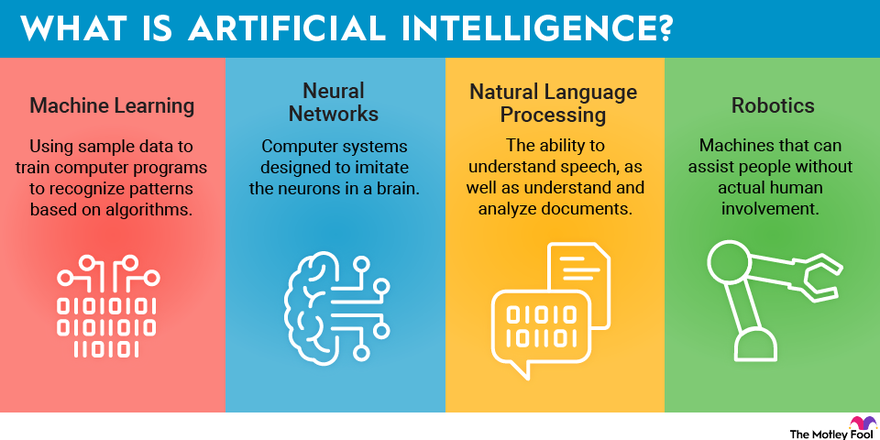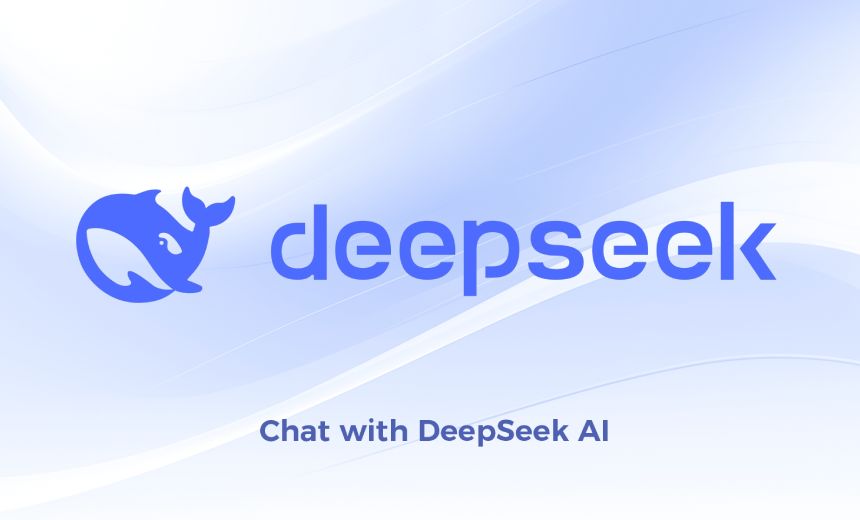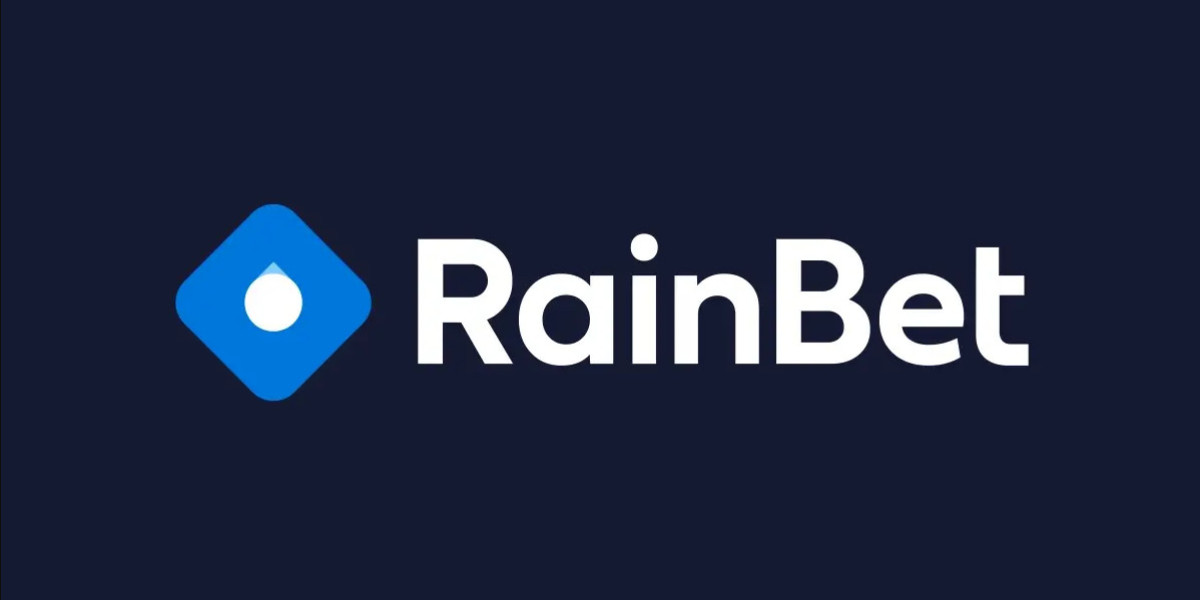Lower-cost AI tools could reshape tasks by offering more employees access to the innovation.
- Companies like DeepSeek are establishing low-cost AI that might assist some employees get more done.
- There might still be risks to employees if companies turn to bots for easy-to-automate jobs.
Cut-rate AI might be shaking up industry giants, but it's not most likely to take your job - at least not yet.
Lower-cost methods to establishing and training synthetic intelligence tools, from upstarts like China's DeepSeek to heavyweights like OpenAI, will likely permit more individuals to acquire AI's performance superpowers, industry observers informed Business Insider.
For lots of employees worried that robots will take their jobs, that's a welcome development. One scary possibility has been that discount rate AI would make it easier for employers to swap in low-cost bots for pricey humans.
Of course, that might still happen. Eventually, the technology will likely muscle aside some entry-level employees or those whose functions mostly include repetitive jobs that are easy to automate.

Even higher up the food chain, personnel aren't necessarily devoid of AI's reach. Salesforce CEO Marc Benioff stated this month the business may not hire any software application engineers in 2025 because the firm is having so much luck with AI agents.
Yet, broadly, for lots of workers, lower-cost AI is likely to broaden who can access it.
As it ends up being less expensive, it's much easier to integrate AI so that it ends up being "a partner rather of a risk," Sarah Wittman, an assistant professor of management at George Mason University's Costello College of Business, informed BI.
When AI's rate falls, she stated, "there is more of a prevalent acceptance of, 'Oh, this is the method we can work.'" That's a departure from the state of mind of AI being an expensive add-on that companies may have a difficult time justifying.

AI for all
Cheaper AI might benefit employees in locations of a company that typically aren't seen as direct earnings generators, Arturo Devesa, primary AI designer at the analytics and information company EXL, told BI.
"You were not going to get a copilot, perhaps in marketing and HR, and now you do," he said.

Devesa said the course shown by companies like DeepSeek in slashing the expense of developing and carrying out large language models alters the calculus for employers choosing where AI may pay off.
That's because, for many big business, such determinations consider expense, accuracy, and speed. Now, with some costs falling, the possibilities of where AI could show up in a work environment will mushroom, Devesa stated.
It echoes the axiom that's all of a sudden all over in Silicon Valley: "As AI gets more efficient and available, we will see its use skyrocket, turning it into a commodity we simply can't get enough of," Microsoft CEO Satya Nadella wrote on X on Monday about the so-called Jevons paradox.

Devesa said that more productive employees won't always decrease need for people if companies can develop new markets and new sources of revenue.
Related stories
AI as a commodity
John Bates, CEO of software application company SER Group, told BI that AI is becoming a product much quicker than anticipated.
That means that for jobs where desk employees may require a backup or somebody to confirm their work, low-cost AI might be able to step in.

"It's fantastic as the junior knowledge worker, the important things that scales a human," he stated.

Bates, a former computer technology teacher at Cambridge University, said that even if an employer already planned to use AI, the minimized expenses would improve roi.
He likewise stated that lower-priced AI might provide little and medium-sized businesses much easier access to the technology.
"It's just going to open things as much as more folks," Bates stated.
Employers still need people
Even with lower-cost AI, photorum.eclat-mauve.fr humans will still belong, said Yakov Filippenko, CEO and creator of Intch, which assists experts discover part-time work.
He stated that as tech companies compete on cost and drive down the cost of AI, many employers still won't aspire to remove employees from every loop.
For annunciogratis.net example, Filippenko said business will continue to require designers due to the fact that someone needs to validate that brand-new code does what a company desires. He said business employ recruiters not simply to complete manual labor; employers likewise want a recruiter's opinion on a prospect.
"They pay for trust," Filippenko stated, referring to companies.
Mike Conover, CEO and founder of Brightwave, a research platform that utilizes AI, informed BI that a good chunk of what individuals perform in desk tasks, suvenir51.ru in specific, includes tasks that could be automated.
He said AI that's more widely offered since of falling expenses will allow human beings' innovative abilities to be "maximized by orders of magnitude in regards to the elegance of the problems we can solve."
Conover believes that as costs fall, AI intelligence will likewise infect far more locations. He said it belongs to how, years earlier, freechat.mytakeonit.org the only motor in a cars and truck might have been under the hood. Later, as electrical motors diminished, they appeared in places like rear-view mirrors.
"And now it remains in your toothbrush," Conover said.
Similarly, Conover stated omnipresent AI will let experts produce systems that they can customize to the requirements of tasks and workflows. That will let AI bots deal with much of the dirty work and permit workers ready to try out AI to take on more impactful work and perhaps move what they're able to focus on.








